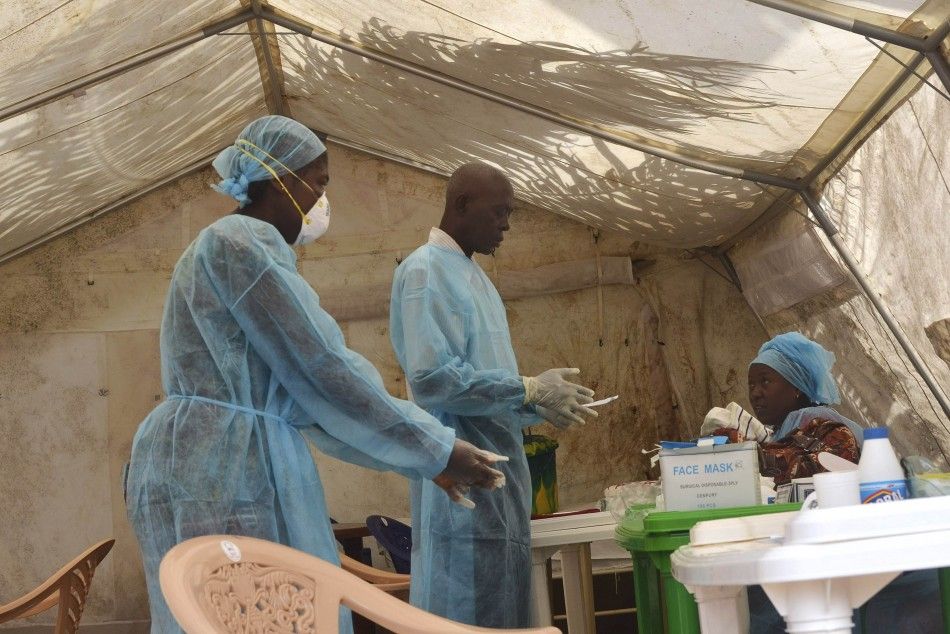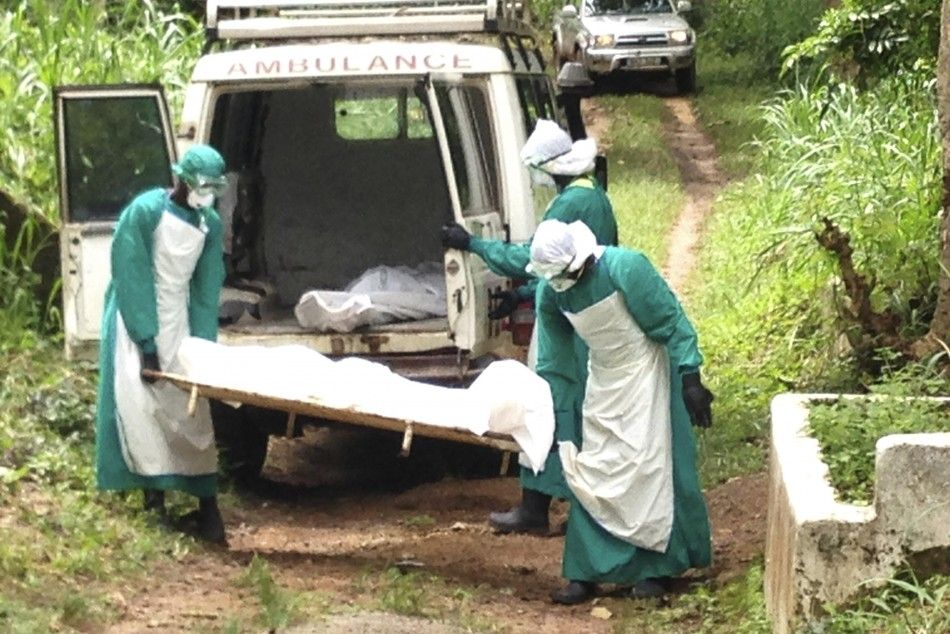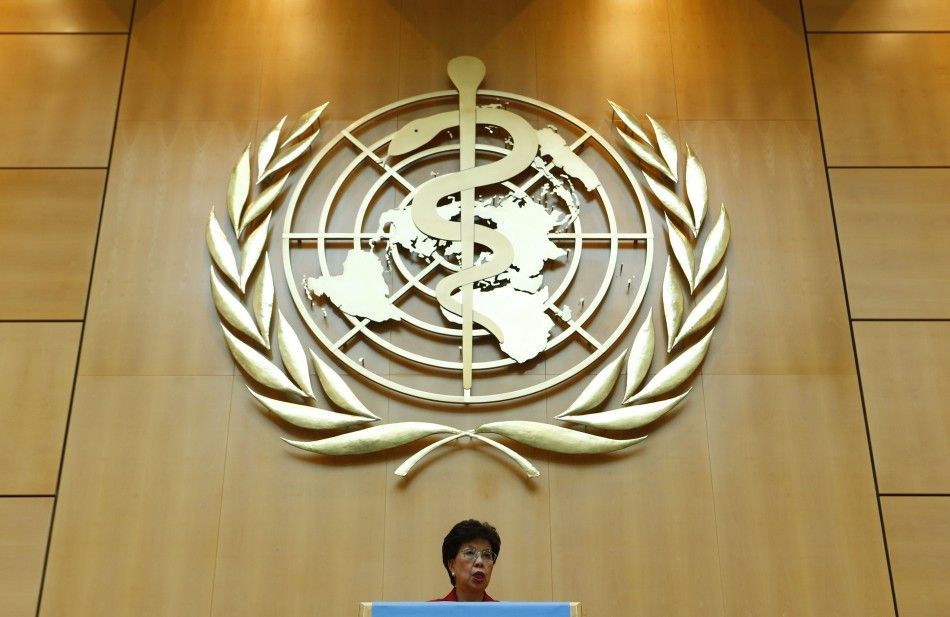Ebola Virus Outbreak: An "Out Of Control" Epidemic
Doctors fear that ebola, a deadly virus, may affect hundreds of victims who fail to come forward for help. The virus in West Africa has claimed almost 500 lives and the United Nations is struggling to control the "out of control" virus.
The virus, which can kill within days, spreads by exposure to infected bodily fluids and other secretions. The symptoms include severe fever, muscle pain, weakness, vomiting and diarrhoea. In some cases, bleeding can be unstoppable and the organs could be shut down. The virus can even spread to those who handle the dead body of the infected person, without proper protection. Urgent action is required to halt the spread of this deadly virus because it has the potential to spread across borders.
Doctors have said that with early medical intervention, chances of survival can be increased but no such medicine or vaccine exists that could be used to treat this deadly disease.
Difficulty in accessing remote areas will lead to the sufferers going untreated, said the doctors. They also fear that the sufferers have a mistrust towards Western medicine.
The World Health Organisation said that Guinea's health ministry reported two deaths since July 3, but no new cases of the virus in the past week. The WHO added that these new cases indicate the transmission of the virus in the community is continuing.
WHO spokeswoman, Fadela Chaib said, "If we don't stop the transmission in the several hotspots in the three countries we will not be able to say that we control the outbreak."
A United States citizen, unnamed, is suspected to have died because of Ebola as he fell ill after his travel to Sierra Leone and Guinea. A U.S. State Department official said that they were aware that the deceased was tested for Ebola but the official cause of death has not yet been confirmed and that the test results thus far have been inconclusive.
Western African countries are trying to develop better surveillance to detect the virus so as to fight the outbreak of the virus.

























